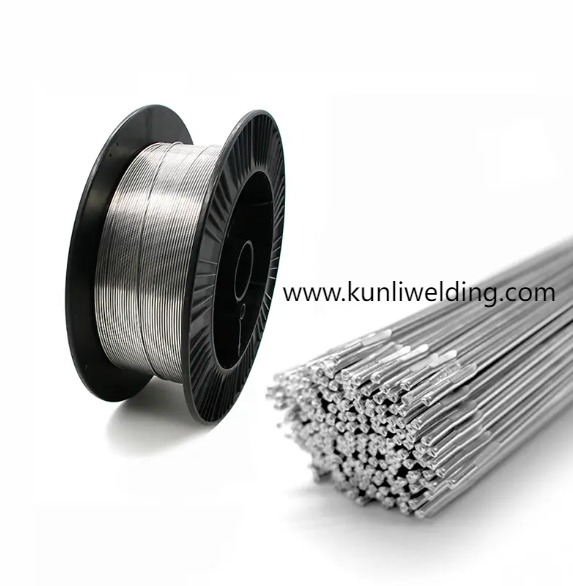When rushing to replenish consumables, welders may overlook critical details and fall prey to deceptive online listings. A clear sign of trouble emerges when Aluminum Tig Wire Suppliers offer unusually low prices without any quality documentation. Genuine vendors display alloy certificates, detailed product datasheets, and process information on their websites. If a seller omits these essentials or provides vague material descriptions, it pays to pause and investigate further.
One common red flag is nonexistent or unverifiable certifications. Legitimate wire producers maintain accreditation from recognized bodies and share batch test results showing composition and mechanical properties. When a listing lacks proof of certification or when supplied documents contain inconsistent alloy percentages, it may indicate counterfeit or low-grade wire. Reputable suppliers often upload third-party inspection reports to their portals, providing assurance that each spool meets the required specifications.
Another warning sign appears in shipping terms and lead times. If a seller claims immediate global delivery but lacks local warehouses or partnerships, shipping delays and hidden fees can derail schedules. Verify whether the vendor operates regional distribution centers and whether they use reliable carriers. Transparent order tracking and upfront freight cost breakdowns help avoid surprise surcharges that inflate the final price.
Reviewing customer feedback on independent forums and trade groups offers additional insights. Genuine customers will discuss wire feed consistency, arc stability, and weld bead appearance. A string of negative comments regarding wire brittleness, surface oxidation, or inconsistent diameter suggests a supplier lacks proper process controls. Engage with peers to learn which vendors stand by their products and which ones create downstream quality headaches.
Sample testing constitutes another practical safeguard. Before committing to a large spool purchase, request a small sample at standard pricing. Conduct weld trials under typical conditions and inspect the bead profile, penetration depth, and spatter levels. A trustworthy supplier usually accommodates sample orders and welcomes field performance feedback. In contrast, risky sellers may balk at providing meaningful samples or may supply wire that diverges from their advertised alloy grade.
Transparent pricing structures also differentiate reliable vendors from those aiming to undercut the market through questionable quality. Look for line-item quotations that detail metal costs, processing fees, and logistics charges. When a quote bundles everything into a single lump sum, it becomes difficult to identify whether you're paying for proper alloying, drawing tolerances, or just a basic spool with no performance guarantees.
Technical support distinguishes established suppliers from casual resellers. After-sales assistance, such as parameter tuning advice and troubleshooting guides, signals commitment to customer success. Vendors who provide application notes for TIG welding with specific wire diameters and gas mixtures elevate fabricators' confidence in achieving consistent results. If a seller can't answer basic questions about recommended amperage ranges or shielding gas mixes, it may be time to look elsewhere.
Payment terms and financial safeguards merit attention, too. Certified suppliers accept secure methods that protect buyers—escrow services, verified corporate accounts, and letters of credit. Be wary of requests for large upfront wire transfers to unknown accounts or sudden shifts to untraceable payment platforms. Confirm corporate registration details, GST or VAT numbers, and bank references to ensure that you are dealing with a verifiable business entity.
As global supply chains adjust to changing regulations and logistical constraints, maintaining trusted supplier relationships remains essential. Prioritize vendors who offer clear return policies, warranty coverage, and dedicated account managers. These measures demonstrate readiness to correct any supply or quality issues swiftly, preserving project timelines and weld integrity.
By combining supplier vetting, sample validation, transparent pricing, and robust payment safeguards, fabricators can avoid online pitfalls and secure quality TIG wire. Partnering with a committed wire producer streamlines operations and upholds welding performance, turning everyday consumables into strategic enablers of manufacturing success. For detailed product lines and verified aluminum TIG wire options, visit https://www.kunliwelding.com/product/aluminum-alloy-wire/aluminum-alloy-welding-wire.html .



